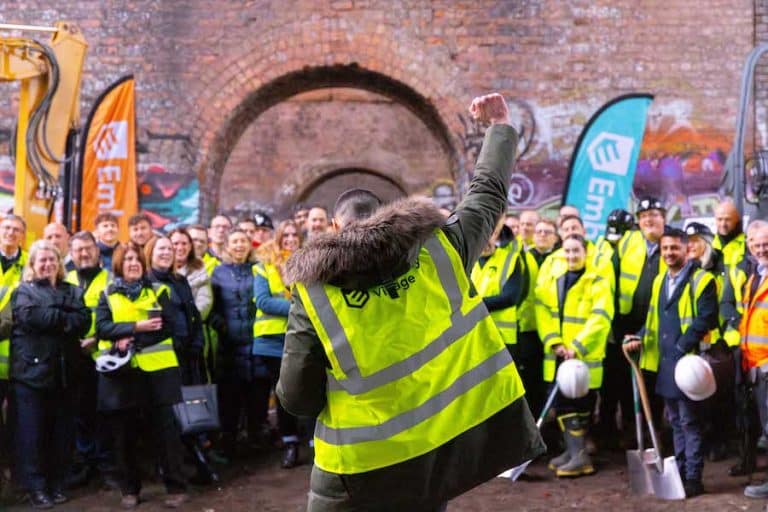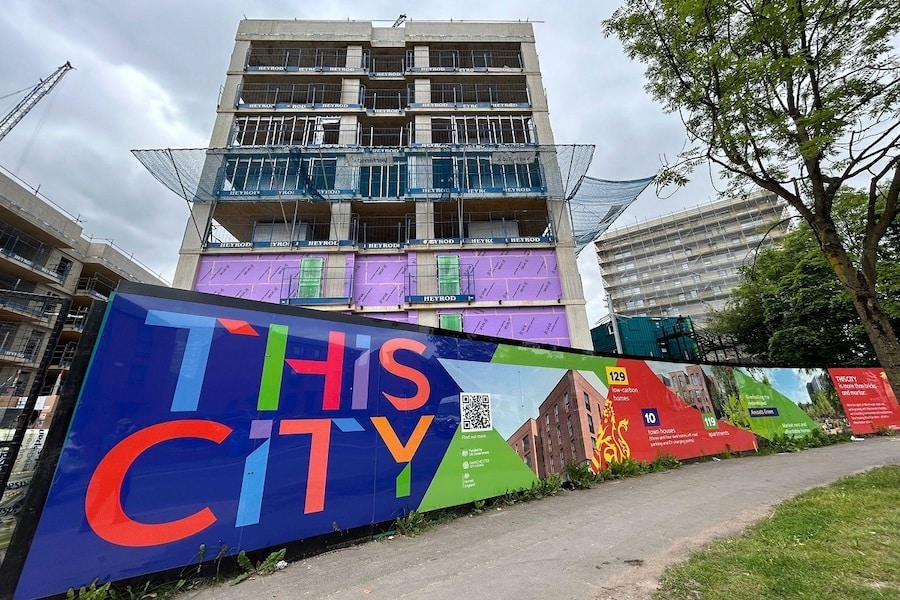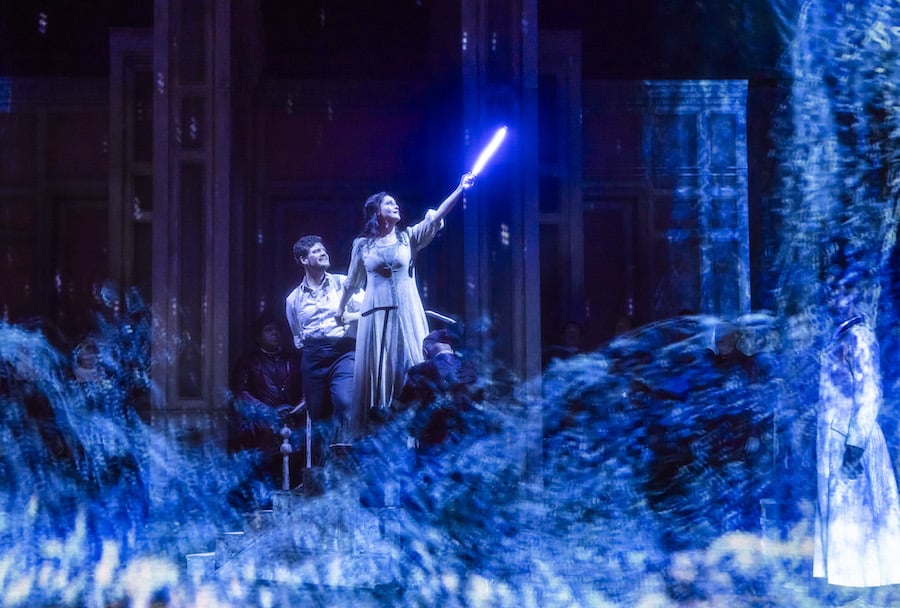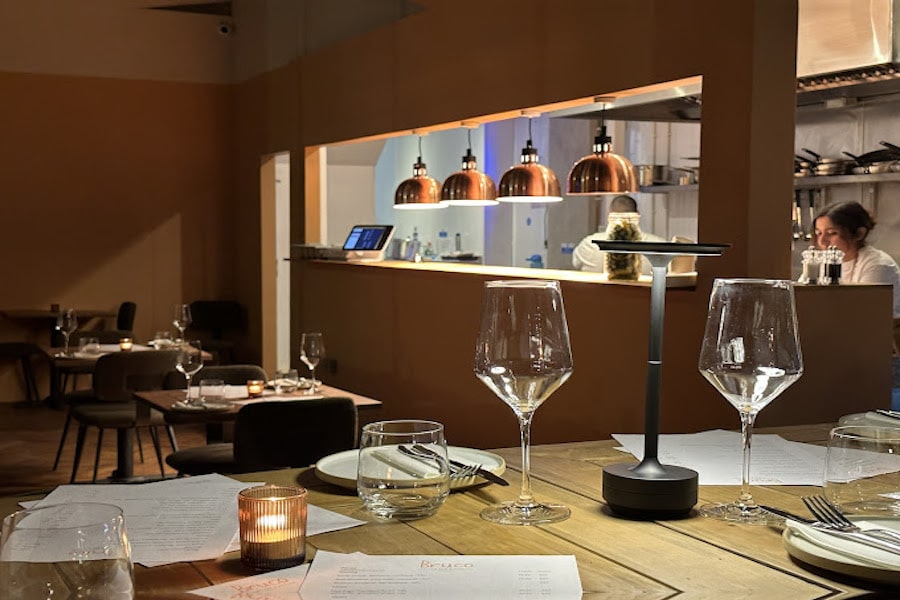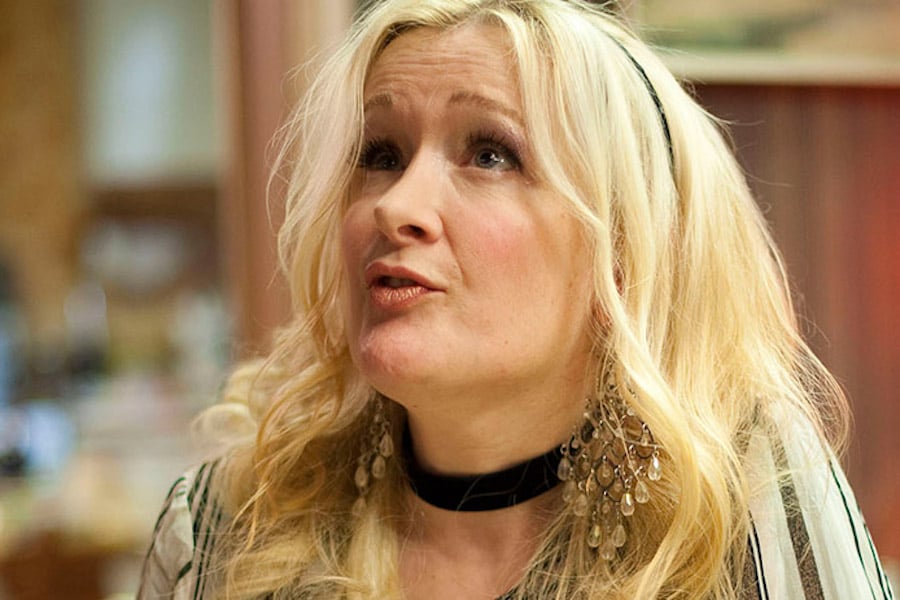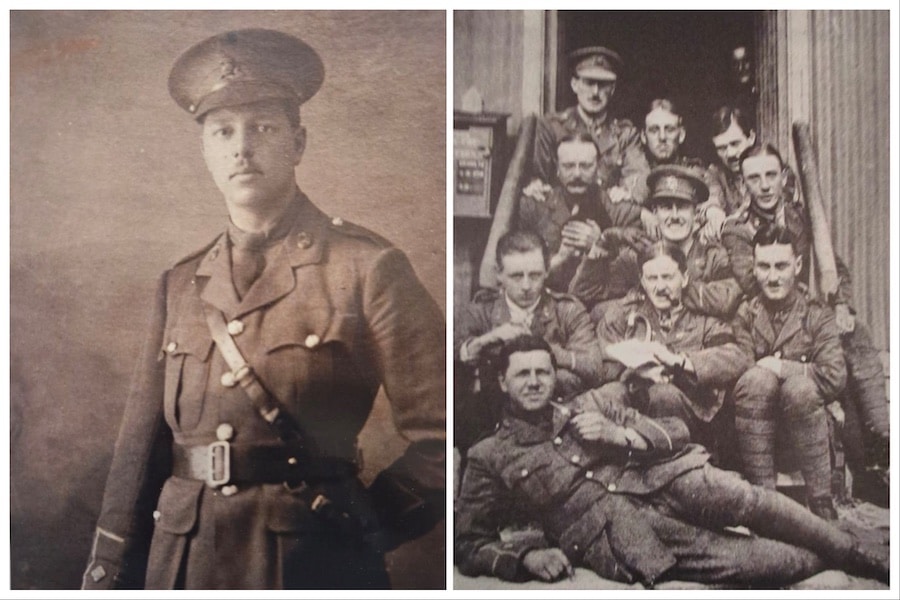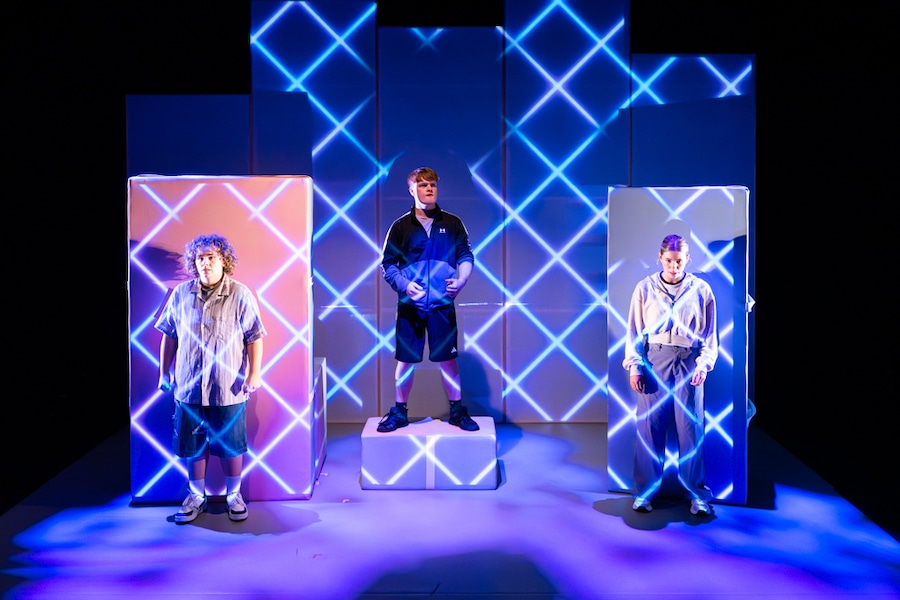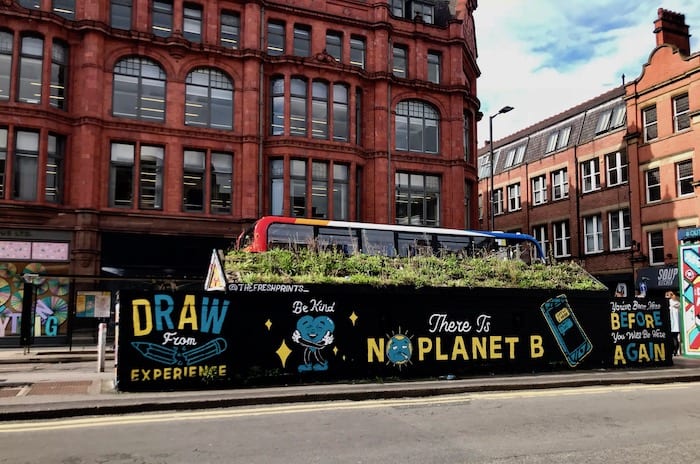A world-first immersive science of music exhibition is coming to Manchester
- Written by I Love MCR
- Last updated 2 years ago
- Exhibitions, Museums
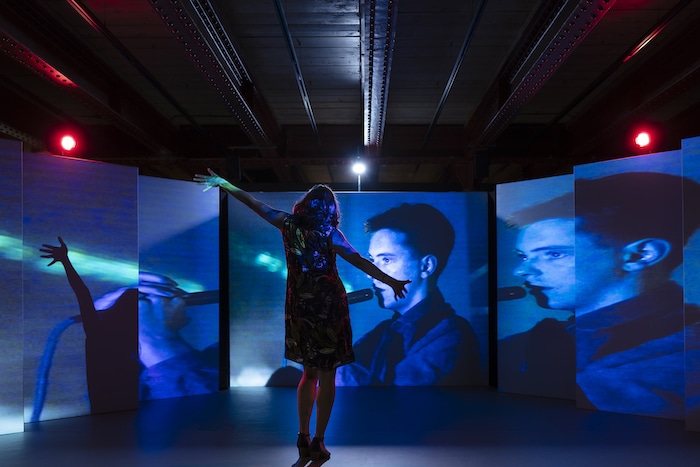
The Manchester Science and Industry Museum is launching a world-first immersive exhibition called Turn It Up: The power of music – exploring the science of music’s mysterious hold over us and how it drives us to create, perform, feel and share. Including its power to impact your health, shopping behaviour and sporting ability. Which will premier in Manchester from 21st October to May 2023, before it goes on a national and international tour.
Through specially commissioned interactive and immersive installations, personal stories, musical tracks, dance and music-making opportunities, never-before-seen musical inventions, first-hand accounts from renowned musicians, artwork, cutting-edge research and unique instruments – discover the science behind music and what the future holds for melody making.
From why certain music can make us feel different emotions and how it might influence what we buy, to how it can be used to boost health and wellbeing and improve sleep – Turn It Up: The power of music shows just how profoundly music can affect our lives with or without us knowing. The exhibition shows how scientists are investigating music’s effects on our minds and bodies and how innovators and musicians are expanding the possibilities of music making and creating new technologies to ensure experiencing music is more accessible for everyone.
Experiences throughout the exhibition will fully immerse visitors in the musical world.
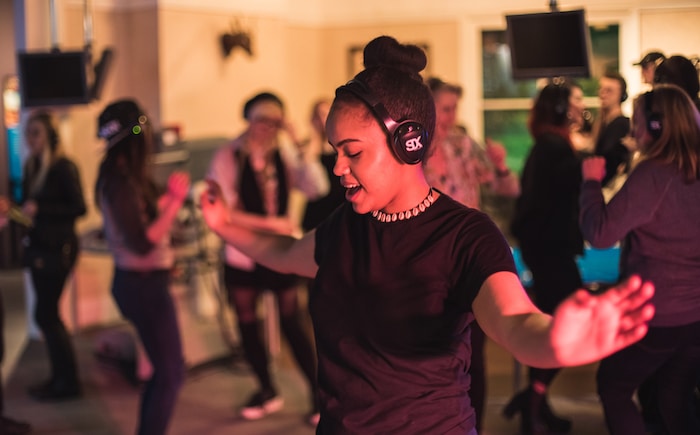
Take a musical journey through a new composition by the Royal Philharmonic Orchestra to connect emotionally with how music makes you feel –transporting you from feelings of joy, and fear to sorrow; collaborate and experiment with beats, melodies and harmonies to reveal there is no right or wrong way to make music by playing on a specially commissioned ‘musical playground’ light and sound installation; design your own unusual instrument with the ‘Imagine an instrument’ interactive; and assemble ‘Musical Building Blocks’ to create a masterpiece, experimenting with different instruments, pitch and tempo.
Discover the power of music in everyday life by sitting in a car to find out which music boosts driving safety, relaxing on a bed soothed by a composition just for night-time slumber, opening up sports lockers to find out which surprising tracks sports stars including Hannah Cockroft and Andy Murray listen to before they compete, spin the blocks in the supermarket to find out which songs would make your food taste sweeter or saltier, and pick up a phone to find out which ‘on hold’ music keeps you on the line for the longest.
Visitors can also put their knowledge and intuition to the test throughout the exhibition – guessing the meaning of songs from around the world even when the culture, language and instruments are unfamiliar; figuring out which songs have been created by a human or an AI; and testing your dance moves as the ‘Boogie to the Beat’ digital mirror motion tracks your Vogue, Renegade and Twist in the name of science.
Visitors will begin their journey by exploring just how unique and life-long each of our relationships with music is, through personal stories, objects, and a film of big-name artists from Elton John to Anne-Marie recounting precious musical memories from their childhoods. A rich mix of music players from the Science Museum Group’s historic collection is enhanced with newer musical playback devices, accompanied by memories collected from people across the UK.
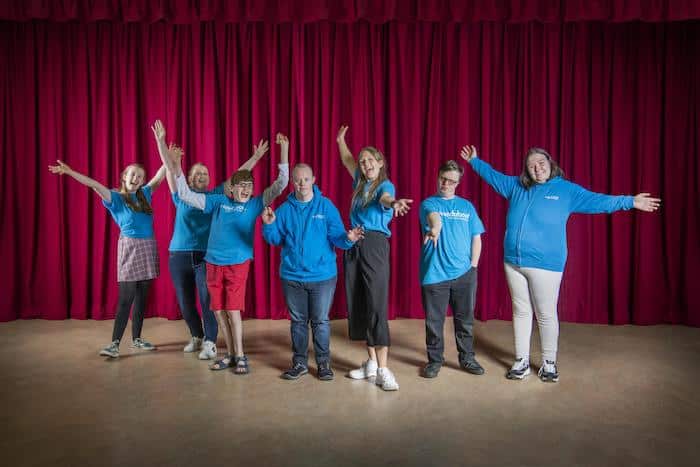
Learn all about the science behind music, how technology is changing the way music is made and enjoyed, and how it is being used to have an impact on the way we live our lives.
See Haille the AI musical robot for the first time – invented by the team at Georgia Institute of Technology in America, Haille was designed to collaborate with human musicians by using its powerful processers to generate and play new drum patterns. Be inspired by the stories of people pioneering technological advancements to expand how we make music and how accessible music-making is.
Uncover first-generation prototypes of the wearable musical instrument MiMU gloves, invented by world-renowned musician Imogen Heap and used by Ariana Grande and Kris Halpin, which use gestures to control electronic music-making software. And listen to professional trumpeter, Clarence Adoo, using Headspace, a virtual instrument controlled by his head movements and breaths, which he worked with inventor Rolf Gelhar to create after he was left paralysed by a car accident from the shoulders down. Now Headspace has been adapted to give others a musical voice.
Discover the extraordinary world of music research – from baby brain scanning to dance motion-tracking, through a new film visiting six music scientists at work. Find out how they study topics from why we listen to sad music even when we are happy and why music triggers memories, to why it brings people together. Scientific equipment for studying music’s effects on our minds and bodies – including eye tracking software, hormone testing kits and galvanic skin response monitors – are brought together for the first time.
The exhibition also shows how scientists and innovators are using music to help improve our health and wellbeing. For instance, music players are being trialled in UK hospitals that allow medical staff to dispense music as medicine via the MediMusic app. The app uses AI to create a 20-minute playlist based on tracks pre-selected for their musical qualities and calming effects. Live data from patients reveals responses and is used to improve track selection.
The exhibition brings together key collections and loans from the University of Manchester, Anarchestra Foundation, Georgia Tech Center for Musical Technology, Cambridge Institute for Music Therapy Anglia Ruskin University, Birkbeck University London, University of York and Body Eyes and Movement (BEAM) Lab University of Manchester.
In addition to stories, contributions and research from a wide variety of organisations and groups, including Royal Philharmonic Orchestra, Royal Northern College of Music, Drake Music, Brighter Sound, Parkinson’s UK, Henshaws, Salford Deaf Children’s Society, Alzheimer’s UK, Brunel University London, The Music Lab Harvard University, University of Oxford, Lucerne University, English National Opera, Imperial College Healthcare NHS Trust, Skoogmusic, Place2Be, Manchester Camerata, Goldsmiths University London, Anglia Ruskin University, Keele University and the University of Salford.
As part of the exhibition programme, visitors can look forward to a special after hours Turn It Up: Live event on 22 October. Where they will indulge in an evening of live music, digital art and pioneering performance as the museum partners with From the Other, the team behind Sound From the Other City, Fat Out Fest and Samarbeta artist residencies. Inspired by the experiences in the exhibition, visitors can continue to explore the power of music as it combines with technology to form this futuristic display of audio and visual art, led by headline artists Giant Swan, who over a table of drum machines, synths and guitar pedals deliver electrifying, improvised sets pushing the boundaries of live techno.
Turn It Up: The power of music was developed in consultation with a Representation and Inclusion Group which included representatives from Parkinson’s UK, the National Autistic Society, Alzheimer’s UK, Henshaws, Drake Music, Brighter Sound and the National Deaf Children’s Society.
It is the headline exhibition at Manchester Science Festival. Produced by the Science and Industry Museum, the 10-day event will return to the city from Friday 21 – Sunday 30 October. The first details of its packed programme have been announced, including a new cosmic dance experience and a series of interactive events all aimed at exploring what makes us human and asking the question, ‘What does the future hold for humanity?’ As well as music themed activities in the Manchester Arndale Centre, including performances by Global Grooves’ illuminated drumming robots and free hands-on music technology workshops from Noisy Toys.
Tickets for the Turn It Up: The power of music exhibition
Tickets for the Turn It Up: The power of music exhibition cost £8 for adults, £6 for children/concession and family discounts are available. Advance tickets can be purchased now through the museum’s website or by calling 033 0058 0058. A series of BSL interpreted tours, Relaxed sessions and Experitots sessions for families with younger children will be announced soon as part of the exhibition programme.
To find out more about the Manchester Science Festival and what else will be on the schedule of events throughout the week visit the website
- This article was last updated 2 years ago.
- It was first published on 27 September 2022 and is subject to be updated from time to time. Please refresh or return to see the latest version.
Did we miss something? Let us know: [email protected]
Want to be the first to receive all the latest news stories, what’s on and events from the heart of Manchester? Sign up here.
Manchester is a successful city, but many people suffer. I Love Manchester helps raise awareness and funds to help improve the lives and prospects of people across Greater Manchester – and we can’t do it without your help. So please support us with what you can so we can continue to spread the love. Thank you in advance!
Got a story worth sharing?
What’s the story? We are all ears when it comes to positive news and inspiring stories. You can send story ideas to [email protected]
An email you’ll love. Subscribe to our newsletter to get the latest news stories delivered direct to your inbox.

What will replace Northern Quarter’s Church Street multi-story car park?

How a community response is preventing Mancunians from going hungry this winter
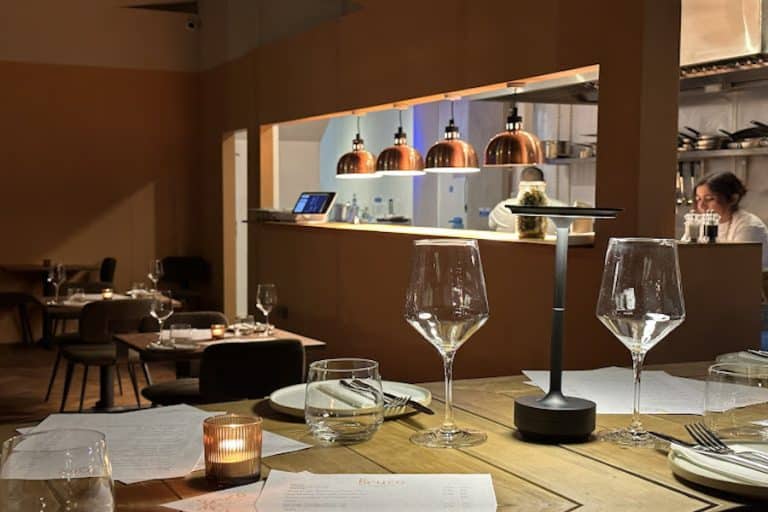
“Great food at excellent value” An authentic taste of Naples arrives in Ancoats
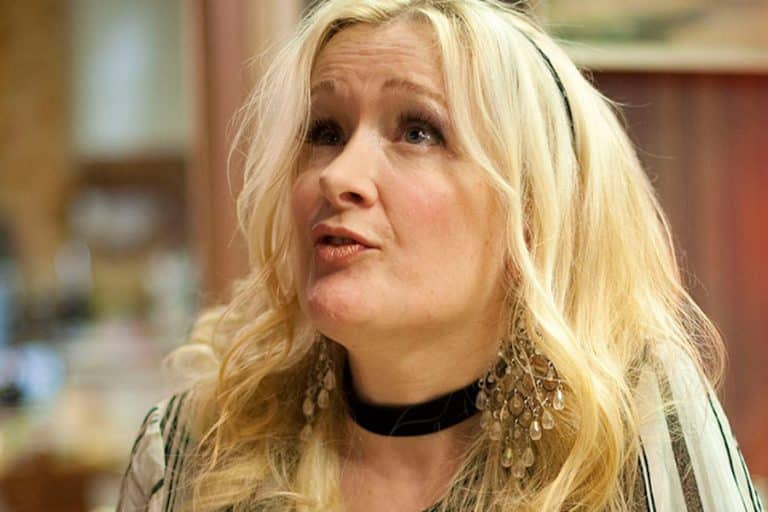
Comedian spearheads campaign for a statue of beloved comic Caroline Aherne
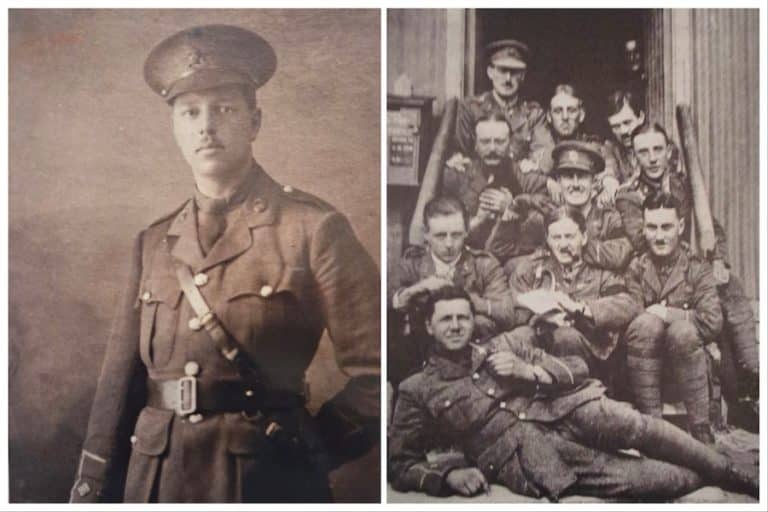
From Altrincham to the Somme: WW1 officer’s poignant sketches to go on display as part of Remembrance Exhibition
